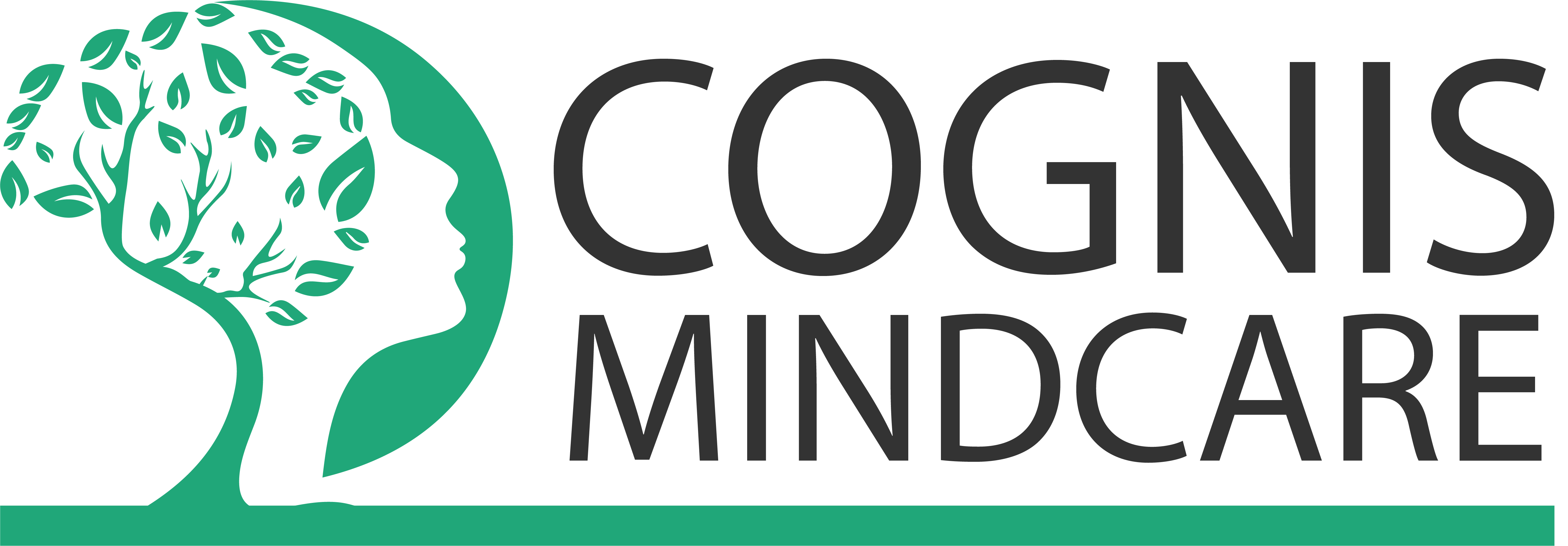What comes under Tobacco Use?
Tobacco can be consumed in the form of:
- Smoking (e.g., cigarettes, bidis, cigars, hookah)
- Smokeless products (e.g., Gutkha, zarda, khaini)
The New Era: Vaping & E-Cigarettes
Electronic cigarettes (e-cigarettes) have had a lot of interest recently as a replacement for smoking traditional cigarettes. Some people may believe that vaping is a safe way to use tobacco. This is a dangerous misconception as e-cigarettes are not scientifically proven tobacco cessation devices. Like combustible or lighted tobacco products, the liquid in e-cigarettes contains nicotine, and leads to dependence (addiction). E-liquids contain additional flavorings and chemical compounds like propylene glycol and glycerol which can be harmful to inhale. The overall long-term health effects of e-cigarettes are also unknown.
Studies have found that consumption of tobacco takes the lives of nearly 8 million people globally each year. Despite the ill-effects of tobacco use on physical and mental health being well known, these products are still widely promoted and used.
Effects of Tobacco on Your Mental Health: A double burden on health
Tobacco use makes people more vulnerable to mental health issues and, at the same time, mental illnesses make people twice as likely to use tobacco. There exists a vicious loop between mental disorders and tobacco use.
The amount and frequency of tobacco use determines the severity and range of its effects. Some possible effects may include:
- Addiction
- Stress
- Anxiety
- Depression
Addiction
Tobacco can cause physiological and psychological changes in the brain and mind. Regular use of tobacco can cause changes in the physical functioning of the brain, so that when it is not consumed, a person has intense craving for it, and has distressing withdrawal symptoms in the form of irritability, anxiety, and constipation. Over time, these changes also cause the effect of nicotine (the active product in tobacco) to reduce, so that a higher amount of tobacco is required to produce the same amount of effect. Tobacco-use also causes extensive psychological changes. These changes occur gradually over time and become habits. This is the psychological component of dependence, which is much harder to get rid of.
Withdrawal symptoms make it difficult for individuals to quit, are variable among individuals, and usually include unpleasant effects such as anxiety, irritability, difficulty concentrating, restlessness, impatience, hunger, tremor, racing heart, sweating, dizziness, nicotine craving, insomnia, drowsiness, headaches, digestive disturbances and sadness.
Stress
Smoking has been associated with relieving stress as it provides an immediate sense of relaxation. However, this feeling is temporary and research shows that it actually increases tension in the long run. This relaxing sensation reduces anxiety but increases the craving for tobacco. In order to manage this, individuals consume more amounts of tobacco, and it leads to a vicious cycle of tobacco use.
Depression
People with depression often have low levels of dopamine (a chemical in the brain responsible for pleasurable feelings). Thus, they might consume tobacco to experience pleasure as consumption of tobacco releases dopamine in the brain which produces pleasurable feelings. However, the effect is temporary. In the long run, smoking will actually encourage the brain to slow its own dopamine production. This reduction will eventually cause individuals to want to smoke more. Studies have found that individuals suffering from depression are twice as likely to smoke than someone not suffering from it.
Tobacco can be a gateway drug.
Tobacco is often described as a gateway drug, that can lead to the use and abuse of other substances. Studies show that teenagers who smoke are more likely to use alcohol, marijuana, and cocaine than their non-smoking peers.
Why Quit Tobacco?
There are a lot of good reasons to explore quitting. Tobacco use has been shown to shorten life expectancy. It can also have a number of effects on your mental health.
The following tips can help you in your efforts to quit:
- Prepare yourself for change: Try to think about your relationship with smoking. Think of what you will achieve by quitting smoking. Some reasons to stop smoking may include better physical health, fresh breath, money, and your mental health.
- Get support from family and friends: Quitting smoking can be easier with support from friends and relatives. Tell people around you that you are trying to quit and also why it is important for you to quit.
- Find another way to deal with stress: If you are smoking tobacco to reduce stress, try to find other ways of dealing with it. Breathing exercises, meditation, regular exercise, and a well-balanced diet can help.
- Don’t get afraid of relapses: Majority of people who quit smoking will at some point experience a relapse. You can use this as an opportunity to review what might have led to relapse and can work on it. Don’t get discouraged from trying again as it will help you to have a good future.
- Find out ways to distract yourself during craving: As tobacco is highly associated with craving, it is essential to manage your cravings through distracting yourself during that time. Breathing exercises, reverse counting, engaging yourself in conversations can work well for distraction.
- Try nicotine replacement therapy: Short-acting nicotine replacement therapies such as nicotine gum, lozenges, nasal sprays or inhalers can help you overcome intense cravings. These short-acting therapies are usually safe to use along with long-acting nicotine patches or one of the non-nicotine stop-smoking drugs.
- Try medications if nothing else works: There are a few safe and effective medications now approved for reducing craving, and to help in tobacco cessation
Remember!
It’s important to take care of your mental health just as you would your physical health. Don’t be afraid to reach out to a mental health professional if you need support.
At Cognis MindCare™, we can help break the stigma around mental health and support each other in leading happy & healthy lives.

